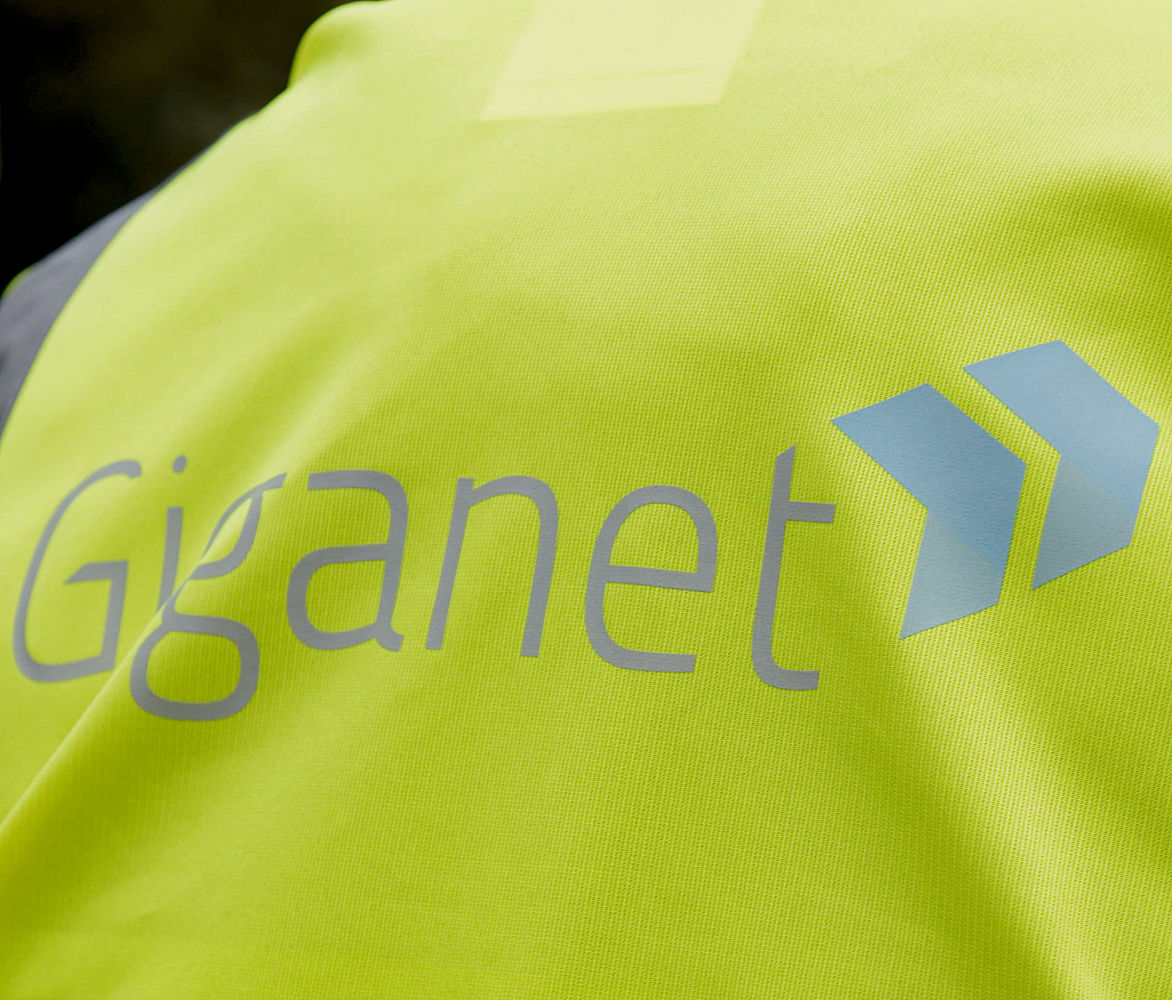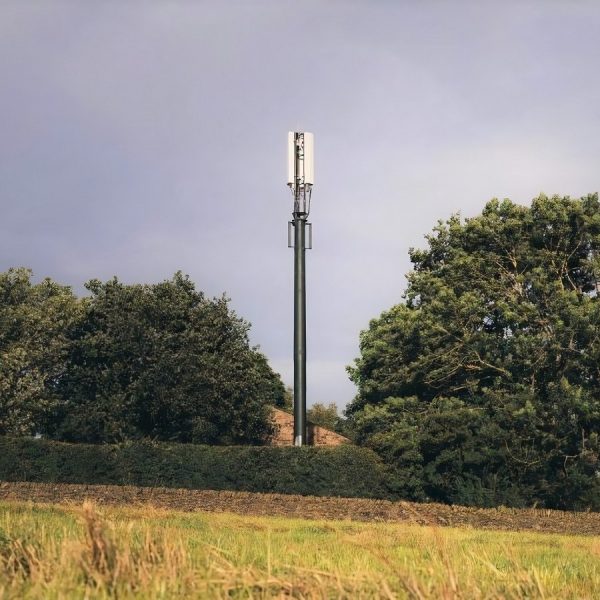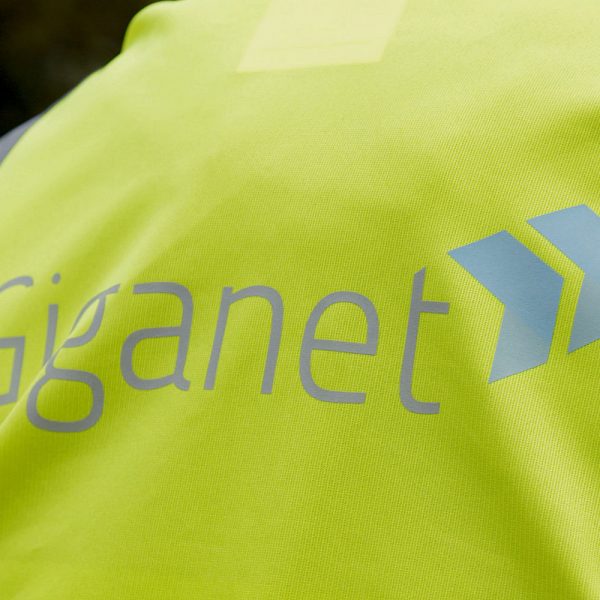UPDATE3 Lords Sneak UK Internet Snooping Law into Bill – Minus Safeguards
Opponents of the Government’s plan to revive the twice failed Internet Snooping law, which would force ISPs into logging a much bigger slice of everybody’s online activity and also make it more accessible to security services, are crying foul after dirty politics resulted in 18 pages of new law being snuck into the Counter-Terrorism and Security Bill (CTSB) at the last minute.. and without the promised judicial oversight (safeguard).
The significant amendment was tabled in the House of Lords by former Metropolitan Police chief Lord Blair, with support from Lord Carlisle, Lord King and Lord West. Suffice to say that the text appears to be almost a mirror image for that of 2012’s rejected Communications Data Bill, which itself was a revival of Labour’s equally controversial Interception Modernisation Programme (IMP) several years earlier.
At present the existing law already requires broadband ISPs and telecoms firms, after receipt of a warrant, to maintain a very basic access log of the targeted customers online activity (times, dates and IP addresses) for a period of up to 12 months, which does NOT include the content of your communication and only occurs after a specific request is made to the ISP.
By comparison the new law wishes this to apply to everybody and to expand its remit into other fields, such as the monitoring of access/chats logs for popular online games and social networks, as well as Skype calls. As before this would not include the content of your communication (i.e. what you actually say), but never the less the massive cost, technical difficulty of actually making it work and privacy implications remain of significant concern; hence the need for proper democratic debate.
Back in 2012 the Joint Committee responsible for conducting pre-legislative scrutiny of the UK government’s prior Comms Data Bill described the proposed law as “overkill” and called for it to be “significantly amended” (here). In the end strong opposition from the Liberal Democrats scuppered the bill (here), although recent proposals for IP Address Matching and other changes in the new CTSB appeared to represent a partial revival (here).
All of this has happened despite the coalition Government’s original pledge to “end the storage of internet and email records without good reason“, although clearly the interpretation of “good reason” differs for politicians as the new law would apply to everybody, irrespective of whether or not you’ve ever committed a crime (i.e. guilty, until proven innocent). Needless to say that opponents of the old bill(s) and the ISP industry have reacted with disgust.
A Spokesperson for the Open Rights Group said:
“Laying eighteen pages of clauses before the Lords to insert the Snoopers’ Charter into an already complicated bill is an abuse of procedure. The Lords cannot have time to properly consider the bill, and would deny the Commons the opportunity to consider the clauses as well.”
Nicholas Lansman, ISPA Secretary General, added:
“Inserting the clauses contained in the Draft Communications Data Bill into an already complex Bill that is itself proceeding through Parliament via a fast-tracked process is ill-judged. The Lords cannot have time to properly consider the substantial powers contained in the amendments to the Bill, and would deny the Commons the opportunity to properly consider the powers as well.
The Draft Communications Data Bill was scrutinised by a Joint Parliamentary Committee in 2012 who concluded that there “should be a new round of consultation with technical experts, industry, law enforcement bodies, public authorities and civil liberties groups”. At the time industry was critical of the level of consultation and there has since been no adequate consultation since.
The Committee also had substantial concerns around the wholesale collection and analysis of communications data, oversight regime, definitions of communications data and robustness of cost estimates, and these have not been addressed and would require considerable changes to the current drafting. Introducing as amendments to a Bill that is being fast-tracked through Parliament, without acknowledging the need for further debate and substantial change, is deeply regrettable.
The Government established a review into investigatory powers led by the independent reviewer of terrorism, David Anderson QC, that is set to publish before the General Election. Rather than bringing in substantial legislation by the backdoor before this review has published and without addressing the concerns of a parliamentary Joint Committee, we urge Parliament to reject this attempt to insert complex legislation into an existing Bill at the last minute.”
Adrian Kennard, MD of Broadband Provider AAISP, said:
“At this eighth stage in the process, after our elected representatives have had their say, and it has been considered twice by the house of Lords, we have an amendment.
The problem is that this amendment actually contains 18 pages of stuff which is identical in almost all respects to another bill, the Communications Data Bill (aka The Snoopers’ Charter). This is a bill that failed, quite conclusively for a lot of reasons. These were not just the cost to the taxpayer (£1.8 billion) which was probably a massive underestimate, but significant human rights issues. It is not even the first time this type of bill has failed.
This is an attempt to “paperclip” this old, dead, and wrong, bill to the one going through, at the last minute. If it goes through it will not have had any of the normal stages of review by the commons (by those that we have elected) and very few of the stages of the Lords. It is just like The Simpsons episode with something paper clipped to another bill. The people doing this should be ashamed.”
The late amendment smacks very much of the situation that surrounded 2010’s rushed Digital Economy Act, when at the last minute a key piece of new legislation, which was designed to enforce website blocking on ISPs, was pushed into the bill without any real debate and immediately before the General Election. Ultimately those amendments were removed, due in part to the lack of due process (debate), but many agree that it should never have been allowed to happen like that in the first place.
A key debate on the bill is due to be heard on Monday and hopefully the democratic process will at least get one more chance to show that it can still work by striking the changes down until they can be given proper consultation and debate. In this instance it doesn’t matter whether you support the proposals or not, but this is not the way to get such complicated laws passed.
UPDATE 24th Jan 2015
It’s worth pointing out that the Lords do sometimes have a nasty habit of tabling amendments that they don’t expect to pass (the House of Lords doesn’t look fondly upon this), which is often used as a tactic to highlight an issue and secure more debate for it or concessions from the Government.
The good news is that, more often than not, such amendments are either withdrawn or voted down, although there have been occasions where significant last minute changes have ended up surviving a vote. In this instance the changes are so significant that it would be shocking to see it pass, but you never know.
Assuming the above bill does somehow pass through the lords, complete with the massive amendment largely intact (that’s a big “IF”), then it will still have to return to the House of Commons and at that stage the Liberal Democrats would vote against it. So the big question is, assuming the changes get this far, what would the Labour Party do?
Labour originally started this whole Internet Snooping drive while they were still in Government and so far their MPs have been voicing support for its revival. But confusingly the part leader, Ed Miliband, recently said that he wanted to take a more “cautious and considered” approach and rejected the idea of rushing such laws into power.
Given the history of their support for such measures, we certainly wouldn’t be willing to bank on Labour opposition saving the day. On the other hand.. politics.
UPDATE 26th Jan 2015
This afternoon saw a lengthy and somewhat split debate over the above amendments in the House of Lords and, after an opening in which several supporters of the amendment spoke glowingly of its benefits and disparaged critics, the changes were eventually rejected following plenty of criticism from other lords.
Lord MacDonald said, “I do not agree that we must do something, we must do the right thing. This is not the right thing.” Later Green Party member Baroness Jones warned that the proposed change “actually reduces our rights, surely that’s what the terrorists are after“, before later warning that the MET Police “can’t deal with the data they’ve got already“.
Interestingly Baroness Smith of Basildon, a British Labour member, appeared to agree with some of the criticism but also spoke of the need for new powers through a proper bill and not the controversial amendment. Similarly, towards the end, Lord Bates (Conservative) called for the amendments to be removed because they put the wider CTSB at risk, “We do not want to risk this bill [and] all of its measures.”
So, as predicted, everybody got their soap box opportunity and so far that’s all they’re going to get. But all indications are that we’ll be back here again to discuss another full revival of the Comms Data Bill in the not too distant future.
UPDATE 31st Jan 2015
The Lords are trying to add it back for a second time (here).
Mark is a professional technology writer, IT consultant and computer engineer from Dorset (England), he also founded ISPreview in 1999 and enjoys analysing the latest telecoms and broadband developments. Find me on X (Twitter), Mastodon, Facebook and Linkedin.
« Confirmed – Three UK Enters Exclusive Talks to Buy O2 for £10.25bn
Latest UK ISP News
- FTTP (5515)
- BT (3514)
- Politics (2537)
- Openreach (2297)
- Business (2262)
- Building Digital UK (2244)
- FTTC (2043)
- Mobile Broadband (1973)
- Statistics (1788)
- 4G (1664)
- Virgin Media (1619)
- Ofcom Regulation (1461)
- Fibre Optic (1395)
- Wireless Internet (1389)
- FTTH (1381)
























































Comments are closed